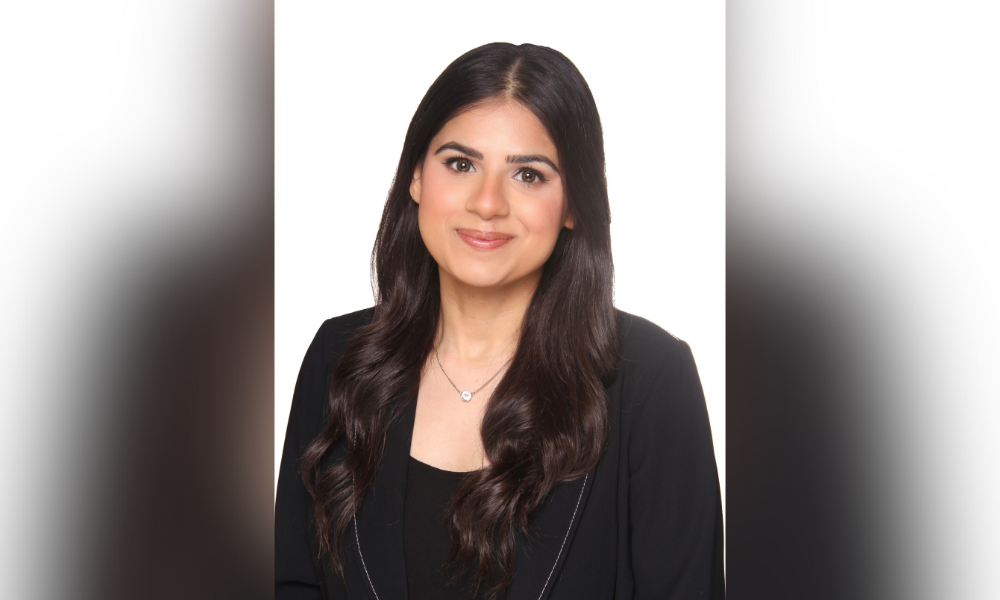University of Ottawa denied foreign doctor’s promotion after dinner invitation led to harassment complaint, effectively voiding his medical licence
An Ontario court has overturned the rejection of a foreign doctor’s promotion at the University of Ottawa that was based on a sexual harassment complaint and voided the doctor’s Ontario medical licence.
Dr. Ibrahim Said, a pediatric anesthesiologist who trained in Italy and Israel, came to Canada in 2001 and obtained a medical licence in Ontario that required him to teach as well as practice medicine. He joined the Children’s Hospital of Eastern Ontario (CHEO) and became an assistant professor at the University of Ottawa.
Said had a successful tenure at CHEO until March 2009, when a female colleague filed a sexual harassment complaint against him. The colleague claimed Said had asked her to dinner two or three times, but she was concerned that he was her superior at the hospital and declined. Said claimed he stopped asking her after that and he had no sexual intentions.
The university investigated the complaint and the dean of medicine recommended Said be dismissed from the faculty. However, an academic committee decided he should take a sexual harassment course and receive a one-year probation. Dismissal would have voided his Ontario medical licence.
In January 2010, Said applied for a promotion to associate professor, as his assistant professorship was set to expire in July, which would also void his medical licence. The committee found his teaching, administrative work and clinical care were all excellent and was leaning towards granting the promotion. However, the dean of medicine informed the committee that a university investigation upheld the sexual harassment complaint and the College of Physicians and Surgeons of Ontario was also checking it out. The committee rejected Said’s application for promotion, which voided his medical licence. Said asked for a reference before moving back to Israel, but the university refused.
The Ontario Divisional Court found the university acted unfairly in denying the promotion and as a result ending Said’s medical career in Ontario. The court found the university acted unfairly and denying him a promotion for which he was qualified because he asked a colleague to dinner was questionable. It pointed to the dean of medicine’s involvement “at every level of the process, after he made a determination in 2009 that Dr. Said ought to be dismissed” as interfering with both the academic committee and the promotion committee.
The university was ordered to pay Said $15,000 in legal costs.
“The university will have to redo this properly,” Chris Rootham, Said’s lawyer, told the National Post.




